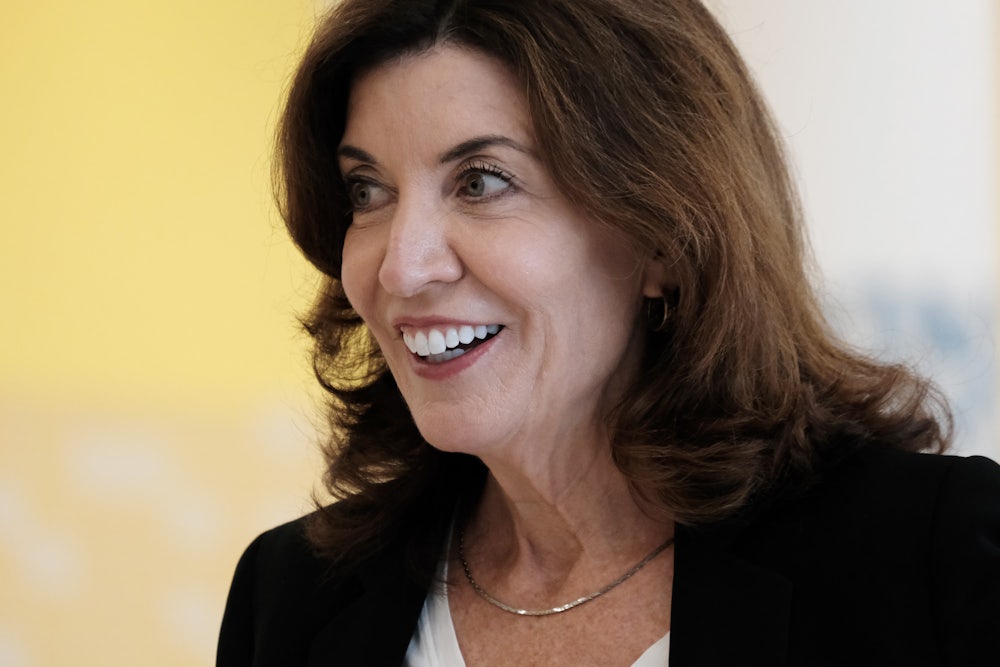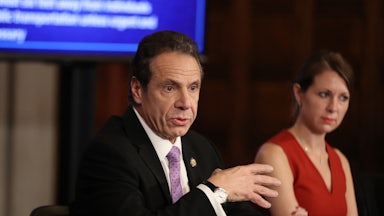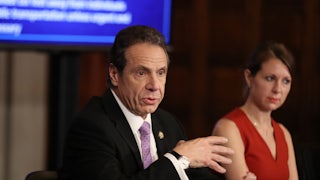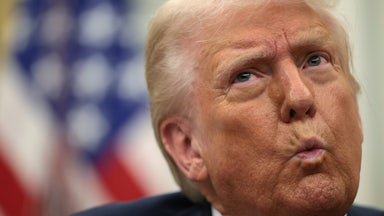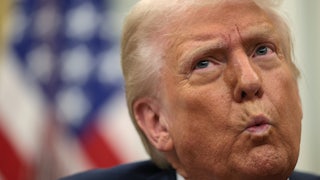Kathy Hochul, who becomes the new governor of New York on Tuesday, can count herself fortunate that her state has forgotten just how closely bound to Andrew Cuomo she was as his choice for lieutenant governor in the 2014 election, most conspicuously as a messenger for the governor’s suddenly ardent crusade to win gains for women.
There she was in 2015, touring the state to introduce screenings of a documentary produced by Cuomo’s sister Maria about campus sexual assault, a vehicle to promote the governor’s “yes means yes” consent mandate for college students.
There she was in 2018, with Cuomo’s true lieutenant, Melissa DeRosa, unveiling a 30-point “Women’s Agenda” on the governor’s behalf. On the list: a bill, signed the following year, that makes it far easier for women to prove workplace sexual harassment.
Cuomo promptly violated that law and, ultimately, the tougher federal standard for harassment, as investigators brought in by the state’s attorney general found. His resignation cued up a historic gain for women that was nowhere on the 30-point list: New York now has its first female governor.
What the state has seen in the two weeks since Hochul’s promotion notice is a successor showcasing her strengths as a dutiful, collaborative, civic-spirited, and genial public servant—qualities that contrast powerfully with the notoriously combative and controlling Cuomo. Hochul made sure to publicize her meetings in New York City with a Cuomo nemesis, Mayor Bill de Blasio, and with her 2018 reelection rival and an expected 2022 candidate for governor, Public Advocate Jumaane Williams. Joint statements of partnership Hochul issued with each official heralded the new dawn.
She also made sure to declare her intent to run for election when her term ends in 2022. That leaves her mere months to make the case to voters before a June primary.
Hochul hardly has a clear pathway to remake New York politics, even given her new title and powers. The 62-year-old is a centrist Democrat at a moment when the party’s progressive wing is ascendant, a western New Yorker at a time when new Census numbers show the upstate population shrinking and New York City growing, buoyed by recently gained Democratic supermajorities in both houses of a previously divided state legislature—but Hochul is also aware that a wholesale lurch to the left could erode her party’s electoral gains. Covid resulted in shattered psyches and a battered economy in the state, an early U.S. epicenter, while Cuomo’s self-elevating manipulations of policies and numbers withered trust in government.
Navigating these choppy waters, the new governor will be likely to avoid controversial stands. Hochul is still scarred by a past decision to take a polarizing position for short-term political gain. As Erie County clerk in 2008, she vowed in the heat of an election to thwart then-Governor Eliot Spitzer’s proposal to issue driver’s licenses to undocumented immigrants. Arrest the applicants, she said.
It’s a stance Hochul has since apologized for but one that continues to stew suspicions, especially in immigrant-heavy areas downstate, that she remains a shape-shifting opportunist who’s less than sincere about claims to social justice.
Hochul remains an admired figure in Buffalo and Erie County, which is closer to Detroit than to New York’s main population centers downstate. From working-class roots she went to law school and into Washington legislative jobs in the 1980s, notably for legendary New York Senator Daniel Patrick Moynihan. But Buffalo pulled Hochul back when her husband went to work as a federal prosecutor there. Hochul’s affinity for unglamorous public service led to years on the board of her hometown of Hamburg, and then a simultaneous gig as a deputy to the elected county clerk.
When her boss left, Hochul ended up with a promotion akin to her situation now—and with a need to win over voters to keep her new job come election time. Back then, she leaped into her anti-immigrant stand against Spitzer, and it worked, at least for a while. She won not only her devil’s bargain to keep her county clerk post but also, in 2011, a special election for a seat, usually Republican, in Congress—only to lose reelection scarcely a year later after redistricting made her district even redder.
Then Cuomo came calling, in the market for a female upstate leader who wouldn’t mind working in the man’s shadow, without authority and with a grueling travel schedule to county fairs and ribbon cuttings and regional sales pitches for the governor’s agenda du jour.
So who is the Kathy Hochul who steps out into the sunlight on Tuesday? Even she can’t truly answer that yet, as she improvises by the day and staffs a new government purged of Cuomo’s enablers.
If Hochul is to have any hope of emerging this spring with accomplishments that make the case for her election, she will have to forge a governing alliance with legislative leaders: Senate Majority Leader Andrea Stewart-Cousins and Assembly Speaker Carl Heastie, both downstate Democrats. In 2019, with new veto-proof supermajorities padded by progressives who built on the organizing that vaulted AOC into Congress, their members pushed Cuomo into territory far outside his comfort zone, notably in passing criminal justice reforms that massively reduced pretrial incarceration.
This year, their members passed a $2 billion aid fund for workers excluded from federal relief programs, intended to aid undocumented immigrants.
Stewart-Cousins and Heastie themselves have to manage ideological divisions, especially the gulf between a new wave of socialist-identified city lawmakers looking to make more such investments—such as new rent subsidies for the poor—and suburban Democrats whose constituents pay some of the highest taxes in the country. Federal bailout dollars can’t fully paper over state budget deficits, especially with remote work cooling the white-hot Manhattan core of the state’s commerce and tax revenue.
Expect Hochul to play it safe on spending while using her strong hand in the state’s budget process to score signature progressive policy wins to head off potential primary rivals such as Williams.
It’s a move straight from the Cuomo playbook. As sharp as the personality contrasts are between the notoriously vindictive and power-consolidating former governor and the sunny, bridge-building new one, the path to political success at the top of New York travels via a narrow tightrope. Cuomo plummeted to a shattering landing, intoxicated on his own fumes. Hochul seems more likely to do what it takes to get to the other side unscathed.
